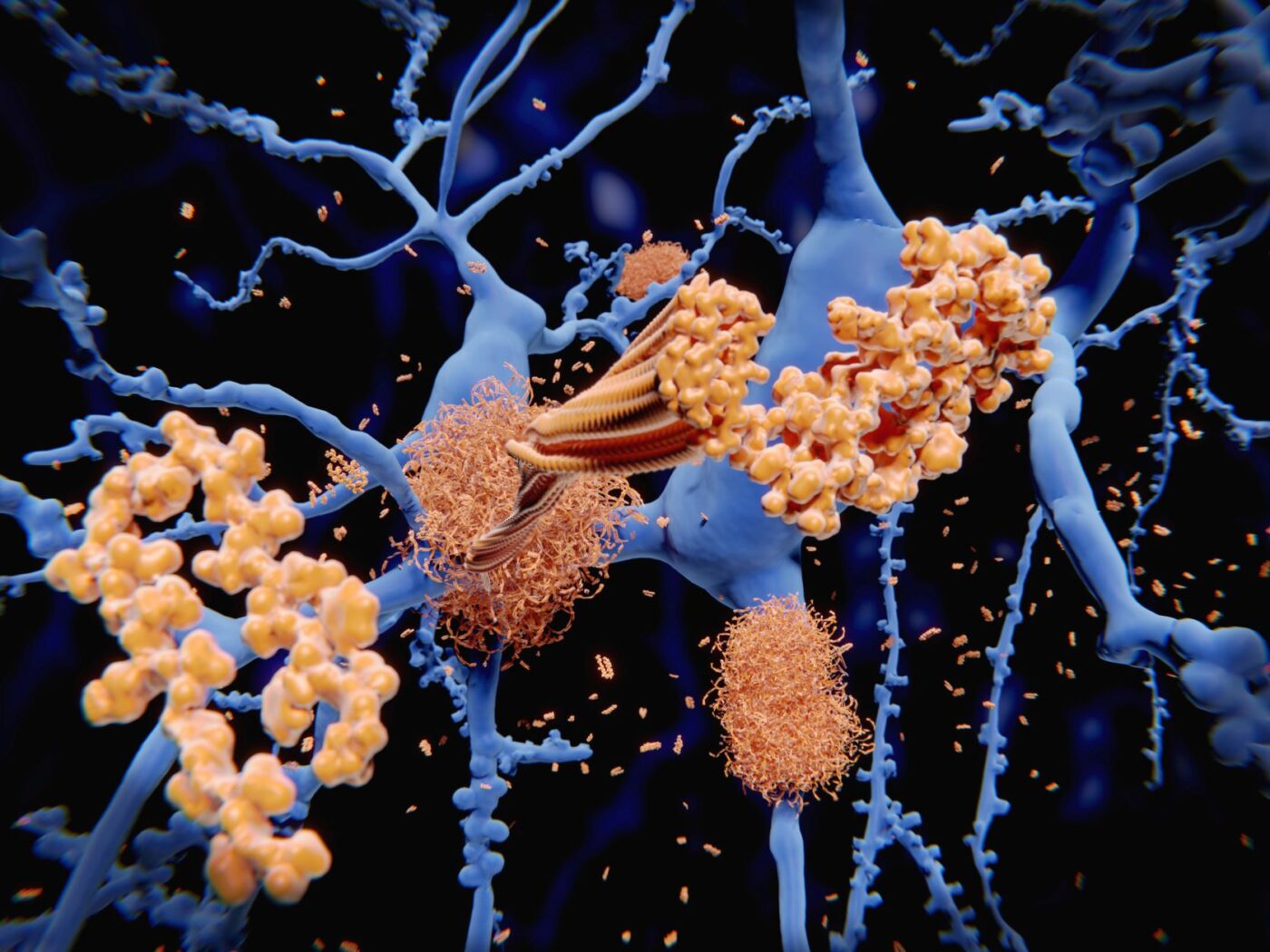By Martyn Blairs
Alzheimer Disease (AD) neuropathology in Down Syndrome (DS) stems from triplication of the amyloid precursor protein (APP) gene on chromosome 21. The APP gene is thought to be primarily responsible for the development of AD pathology in adults with DS, resulting in the early accumulation of amyloid- β (Aβ). Apolipoprotein E (APOE) ε4 carriers are at an elevated risk of AD and demonstrate symptoms of cognitive decline earlier than noncarriers. APOE ε4 also demonstrates associations with reduced Aβ clearance from the brain. Although the APOE ε4 has been associated with clinical AD symptoms, little has been reported to date about the association in the DS population. This clinical population is particularly vulnerable to AD and by age 40, almost all people with DS have Aβ plaques and tau tangles. Dementia is the leading cause of death in the DS population, with research indicating that dementia mortality is as high as 70%, indicating the urgent need for research and treatment.
 Visit our USA website
Visit our USA website





